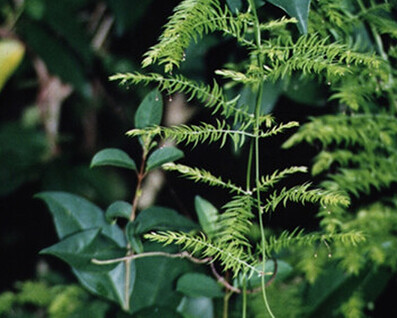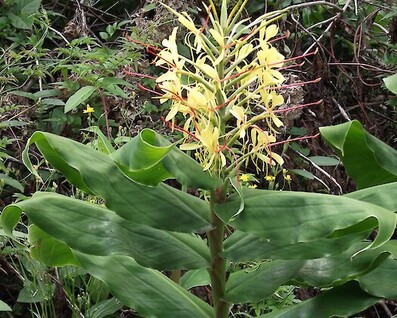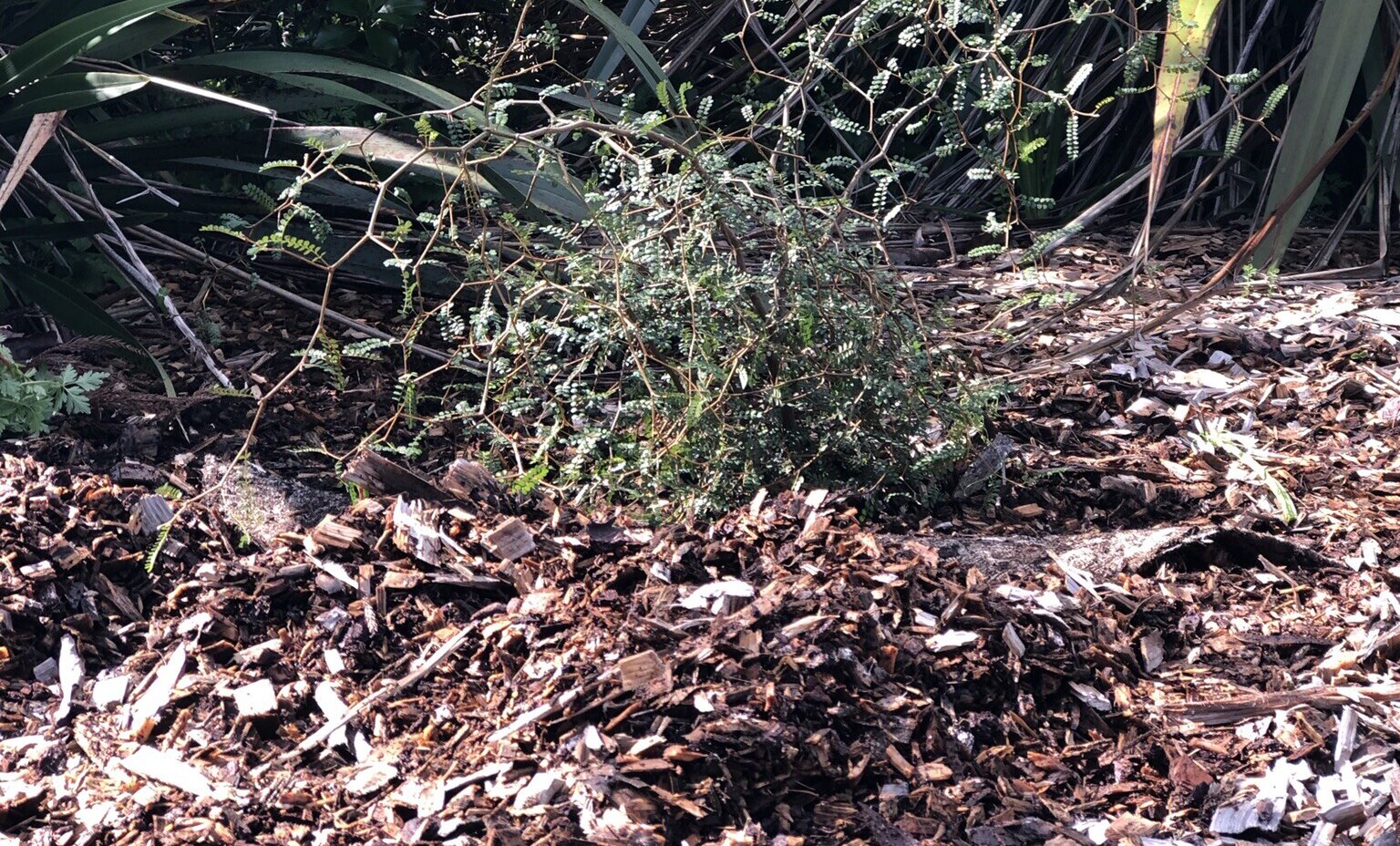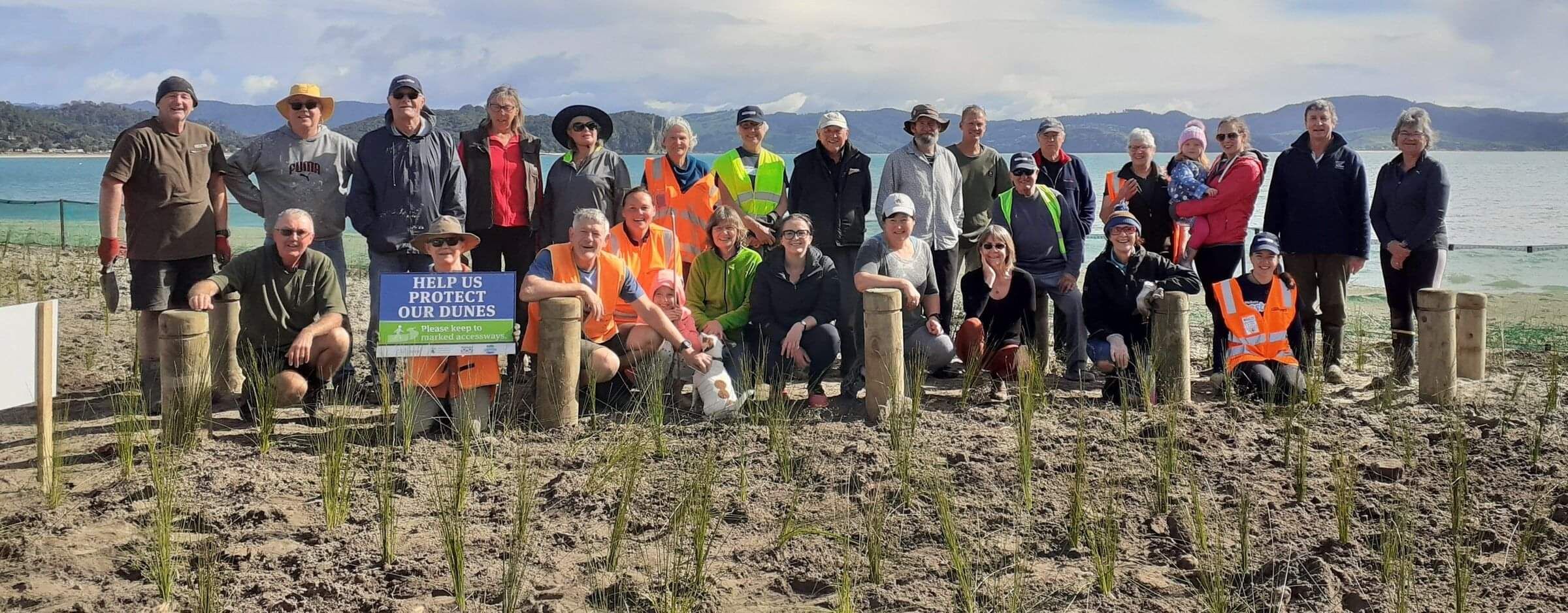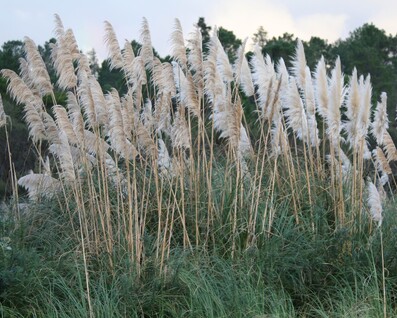As wildlife increases in our area, our native species will require a habitat that encourages them to stay here, feed and breed, as well as doing what we can for climate change. A focus of our long term goals are to continually work eradicating identified weeds in our community and regenerating the land with native plants. Interested in volunteering to help remove invasive weeds? Ph Rose 0276298872
Project Zealandia
Graham Windross from Zealandia Nurseries is a part time local at Cooks Beach and has gifted thousands of plants and these have been planted on public and private land. Karamū, Pittosporum, Tree Fuchsia, Lancewood, Kōwhai, Mānuka, and Harakeke have been planted willingly by Beach Care, our volunteers, and many local property owners.
The rear dunes and streams of Back Bay, Mercury Bay cemetery and Shakespeare Cliff are areas which have been enhanced, regenerating along with farm streams and wetland areas.
This planting drive is specifically aimed to provide an abundant food source for our increasing native bird population.
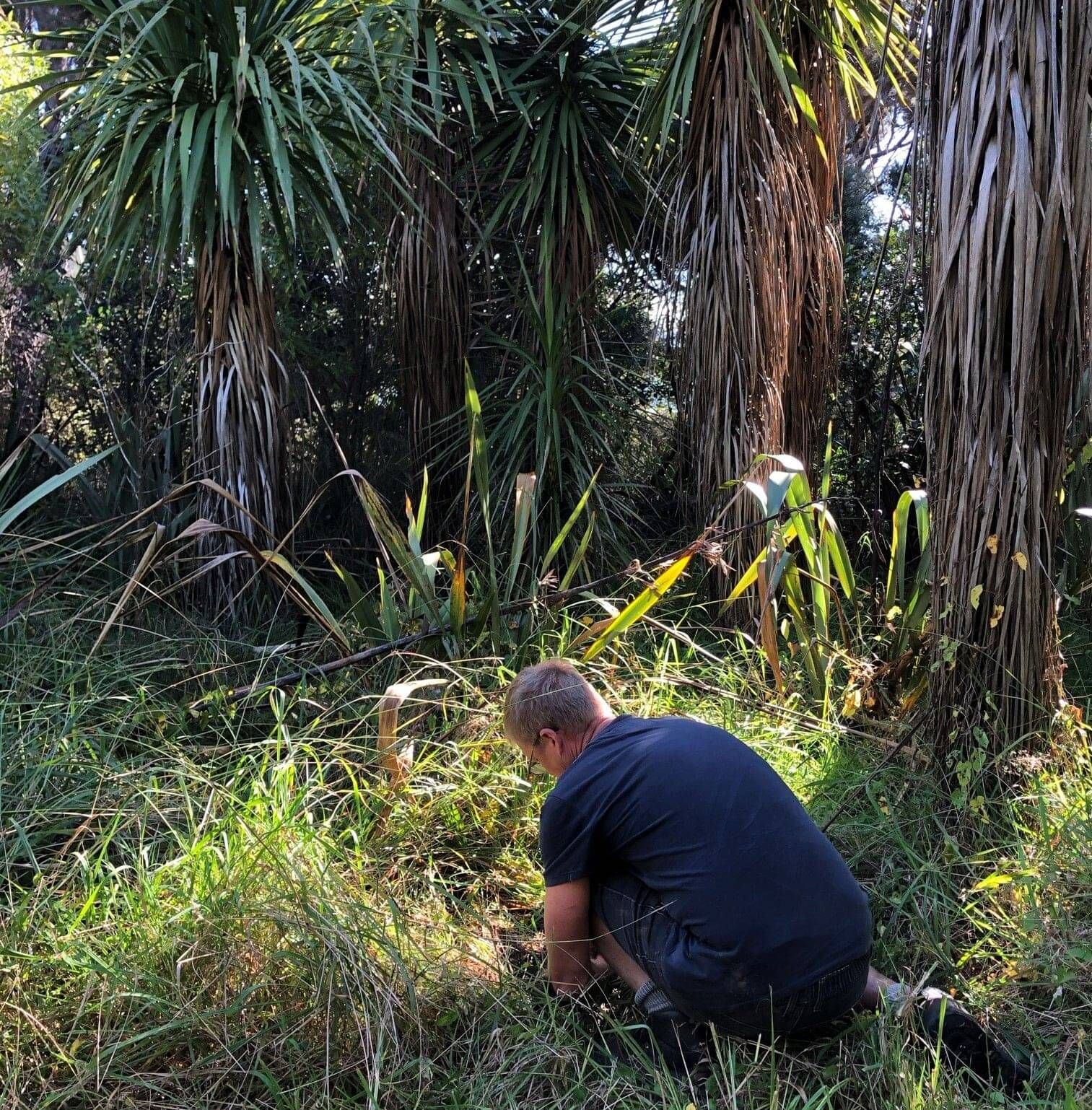
Cooks Beach Care Group
The award winning Cooks Beach Care Group (CBCG) was formed in 2010 to restore degraded sand dunes. Beginning in the western half of the beach and now including the lower part of Cooks Stream, the project has strong support from District and Regional Councils and DOC.
Weekly working bees remove weeds, litter, manage beach access, collect seeds and plant. This includes the endangered “Sand Daphne - Autetaranga -”, found naturally in the Cooks Beach dunes. Previously rare “Pingao - Golden Sand Sedge” now abounds at the seaward margin alongside “Silvery sand grass - Kowhangatara -”, with it’s iconic “tumbleweed” seedheads.
Native dune plants are ideal at protecting from, and repairing storm damage, and supporting native birds, lizards, and insects.
The CBCG is very pleased to support predator control now being extended into the dunes, and along Cooks Stream, by the “Purangi Conservation Trust”. This will help defend the breeding sites of the “Pied Oystercatchers – Torea”, “NZ Dotteral – Tutariwhatu” and “Banded Rail – Moho Pepepe”. Other vulnerable species native to these ecosystems will also benefit.
Weed control- Identifying our enemies
